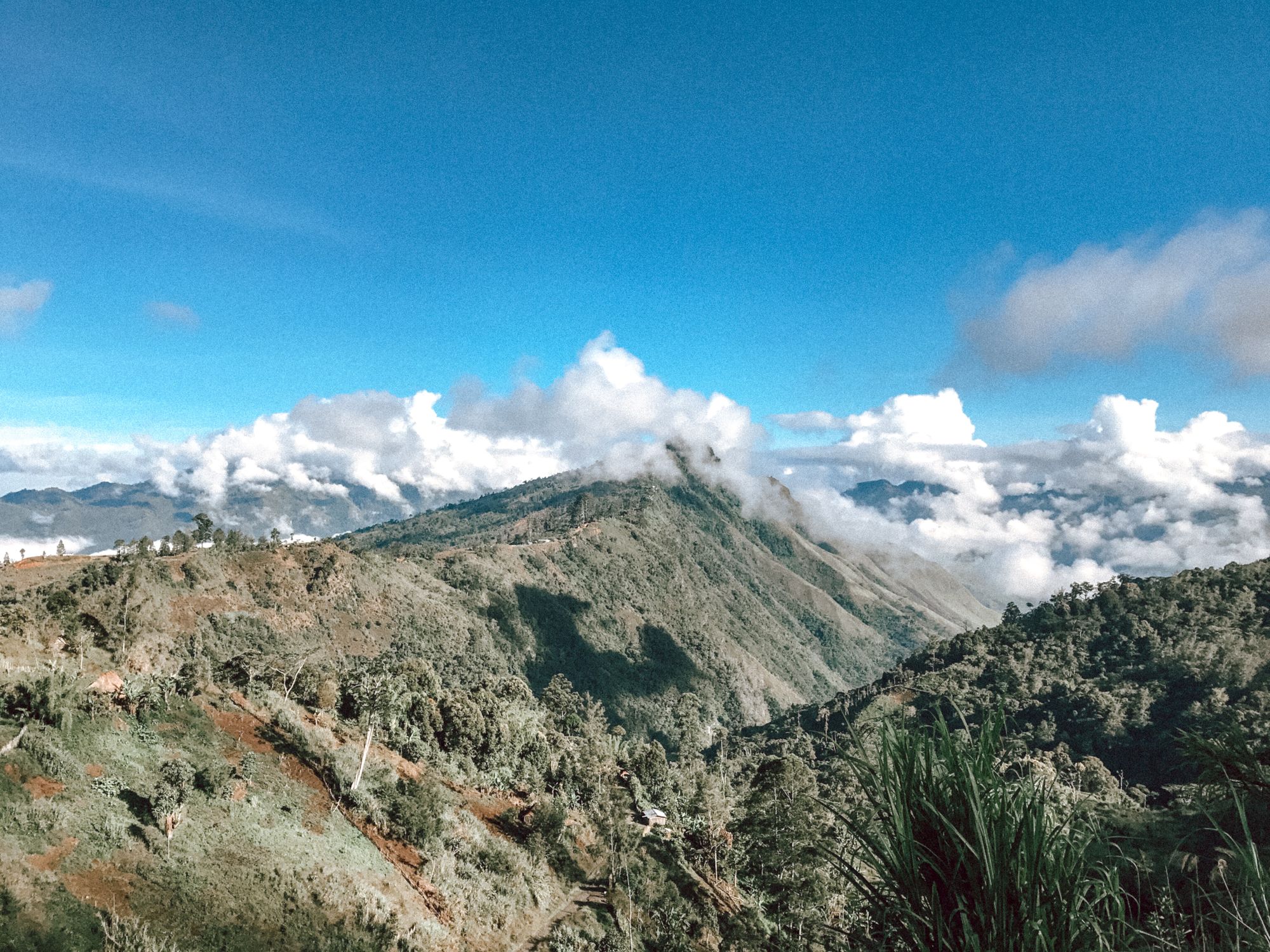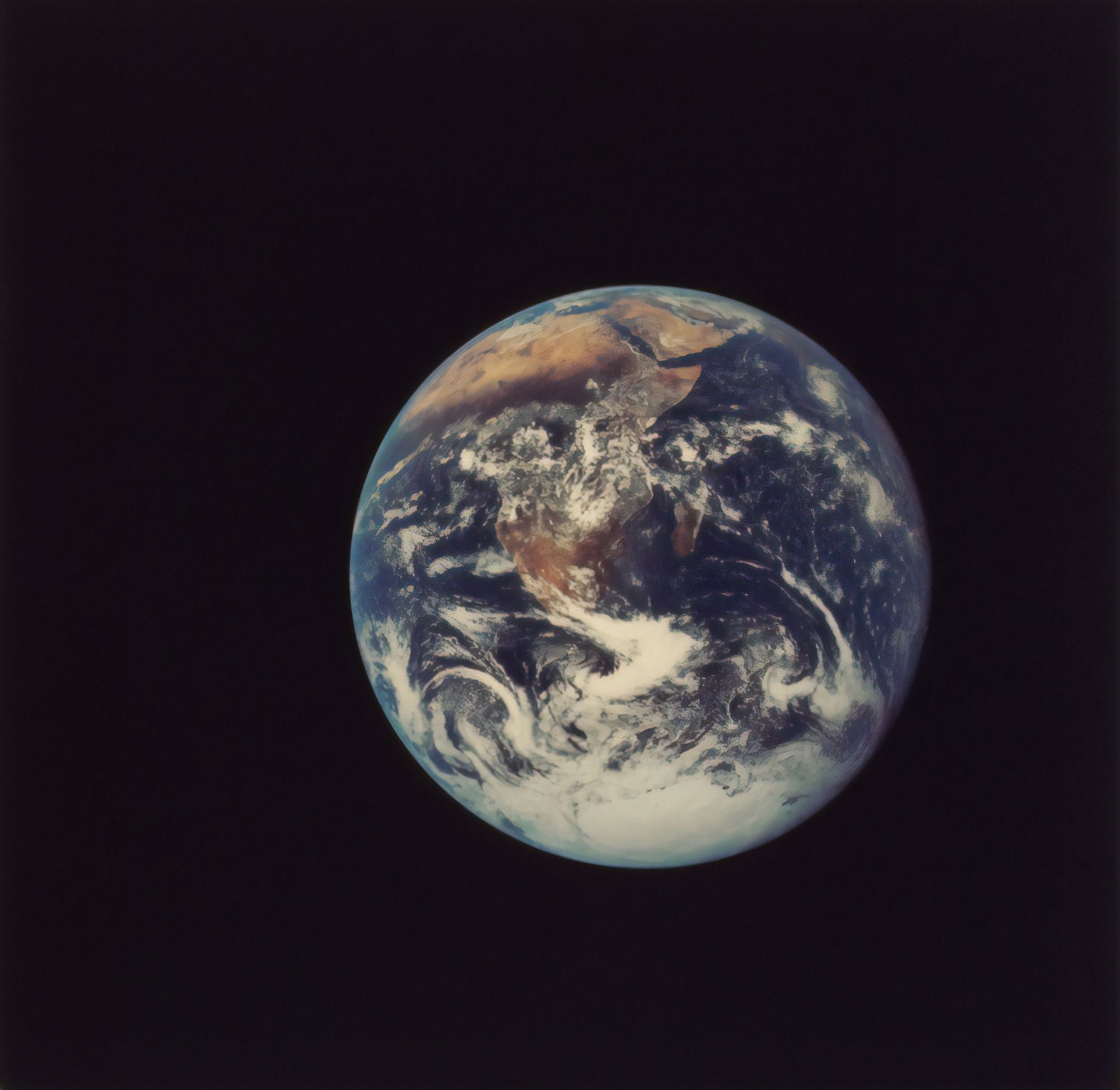F**k Jared Diamond? Welcome to the Anthropocene!

In October 2013, an article was published in the Journal of Capitalism, Nature, Socialism, by Dr. David Correia titled, "F**k Jared Diamond". Subtle right?
The article was a critique made against a scholar named Jared Diamond and his ideas – most notably from his book "Guns, Germs, and Steel". Let me quickly summarize the book as best as possible.
Summary of "Guns, Germs, and Steel":
While doing fieldwork on the island of New Guinea, Diamond receives a question from one of the local men named Yali.
"Why did the 'western civilizations' gain more and conquer the rest of the world?"
This stumped Diamond, and he sets out to answer the question as best as he can.
He concludes by saying that certain prehistoric civilizations had an advantage over other societies, due to the geography in which they developed. If there were better rivers, domesticable plants and animals, a mild climate, etc, that group of people would be advantageous compared to others. Essentially, the idea boils down to "geographic luck". In which this early difference in geography provided an edge for people, in the form of better tools (Guns and Steel) as well as built up immunity to pathogens (Germs).
This book by Jared Diamond received the Pulizter Award, which is one of the highest honors given to journalists, artists, or authors in the United States. It has also been incredibly influential across the globe – even being one of the top sellers on the island of Japan.

However, Diamond has also been at the center of great controversies, which can be seen in the paper, "F*ck Jared Diamond". He has been accused of being a "geographic/environmental determinist". The accusations come in two major forms.
- Geographic determinism has some racist and controversial ties going back to the 18th to 19th century (and beyond). Basically, earlier scholars of European heritage have used geography to justify colonial activities. In accordance with this, scholars like Dr. Correia argue that geography does not have much to do with modern disparities, but has more to do with the flawed ideologies of conquest. They accuse Diamond of giving neo-colonizers a scapegoat.
- Diamond's ideas seem to undermine the power of human action. If our outcome is purely determined by our surroundings, what's the point? Some scholars are a little more careful about this argument. They argue against the "overwhelming emphasis on geography", over the actions of people. Diamond responds to this in the shape of another book called "Collapse". You can read my summary of this book here.
Diamond himself has responded to such accusations, and many other scholars have rallied behind him. At the same time, there are many other scholars who rally behind people like Correia.
To add my personal voice to this battle, I must agree with Diamond. In no way does his argument support the modern-day disparities between nations through purely geographical means – which he has been consistently accused of – but studies the importance of geographical/environmental differences in the advantages certain people had over others in the early stages of human societies. Of course, these geographical differences impact us today, but to a far less extent. This is due to our increasing control and understanding of our world, which I will highlight in the following section.
This proposition about the importance of our environment by Diamond is reaffirmed constantly. In the recent wake of social movements for equality, the common argument for “systemic oppression” is the built-in environment that leads to great disparities between racial groups, genders, or other marginalized communities. Both cases highlight the importance of forces and factors beyond an individual or group that provide them with advantages or disadvantages – greatly influencing the outcome of their "success". This is not to undermine individual human, but focuses on the environment around them that provides some with a sharp spear, and others with a dull knife.

But here you may counter, "well, the difference is that the systemic problem today is the product of human actions!"
And I completely agree! This brings me to my central point.
We are in the Anthropocene!
First, what the heck is the "Anthropocene"? It's a name for the newly proposed epoch – a breaking point in the grand history of time. Previously, the consensus was that we are in the "Holocene", which is the epoch marked by the last Ice Age 11,700 years ago.
The Anthropocene is the epoch that is marked not by another Ice Age, but a time when human activities have overtaken the ecological systems.
To put it simply, humans have a larger impact on the world than anything else. That’s the Anthropocene.

The exact date of when the Anthropocene began is still debated. Did it begin during the Agricultural Revolution 12,000 years ago? Or when all life on our planet was in the fingers of a few powerful men, during the nuclear war period in the 20th century? It's not clear and will continue to be debated as any good scientific question is.
But, why does this matter?
It's because unlike the past when our societal problems and outcomes heavily depended on things outside of our control, humans have now come to influence them greatly. Some may even suggest that we are in control. This power now extends beyond just our human systems, but also to the ecological systems.
For example, the massive fires rampant across the east coast of the North American continent and southern Australia is not some unfortunate geographic event – but made exponentially more likely by human actors.

Another potent example of this is hurricanes. Humans have developed incredible technology and transport systems that should minimize damage and loss of life from hurricanes – especially in developed nations. However, as seen in the case of Hurricane Katrina and others, we have failed to do so. Anyone interested in a more in-depth analysis of this "human-induced catastrophe" of the hurricane, go watch this documentary called "When the Levees Broke". (Credit to my college Sociology professor Dr. Mulder for introducing this)
All of the problems and issues we face today are human-induced or accelerated. Lack of clean water, inequality on all fronts, climate change, political instability, economic downfalls, and you could probably add 2 or 3 more to this list.
To put this shift to the Anthropocene in a more romantic way:
Humans were once reliant on our planet, but now, the planet is reliant on us.
So yay to the Anthropocene! And f**k Geographic Determinism! Humans have triumphed!
Let's hope we don't shoot ourselves on the foot – especially after we left such a large mark on earth.
![[Guest Post] Exploring Colonial History through Art](/content/images/size/w750/2023/11/graphite-island-banner.png)
